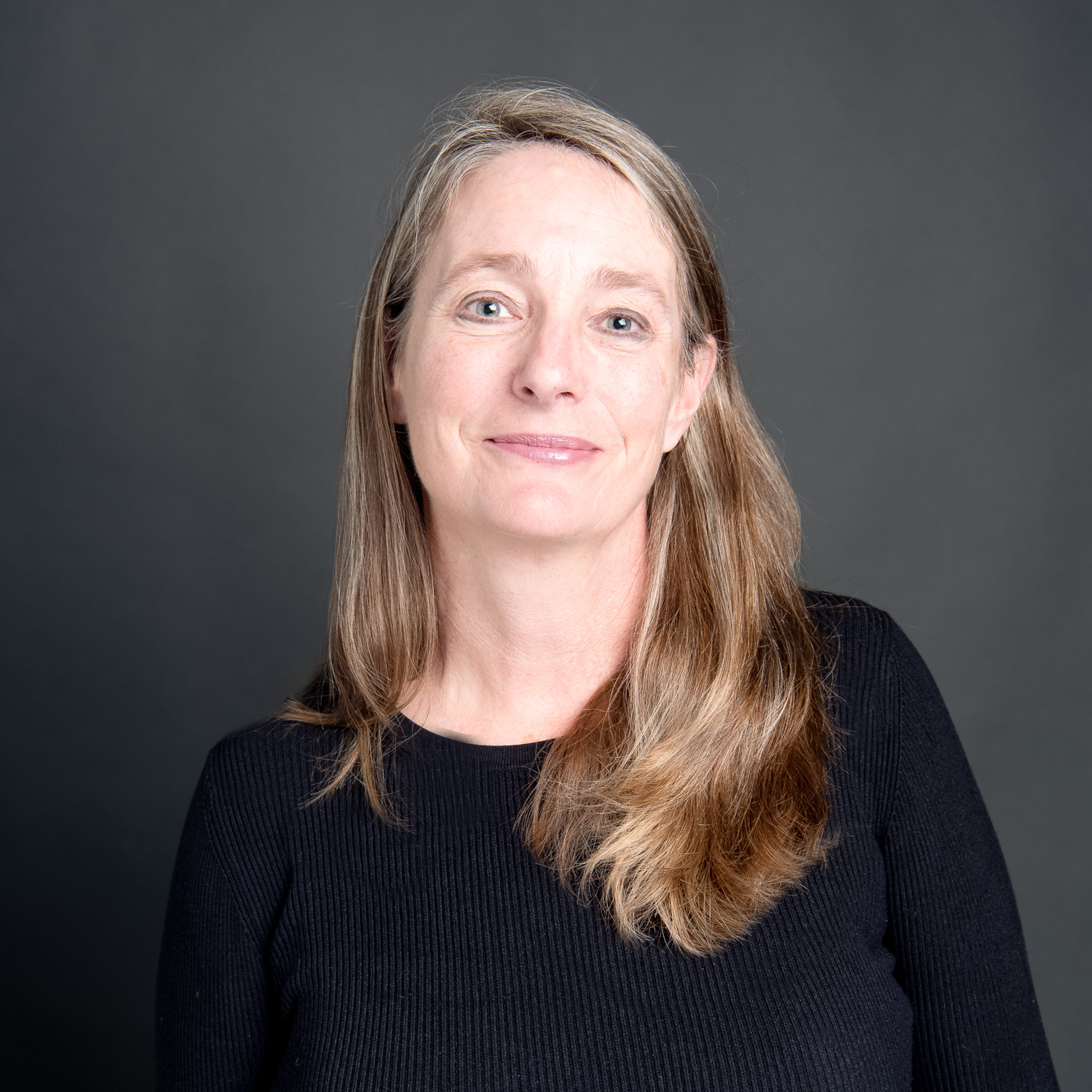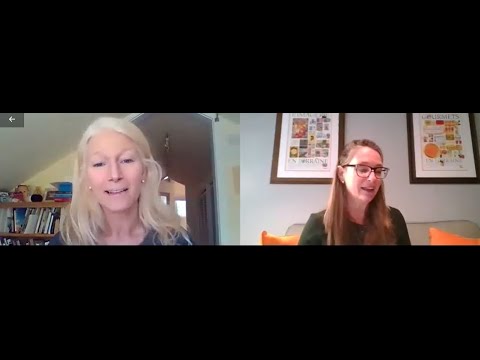
Translators love languages, reading books, and talking about both. With that in mind, Eve Lindemuth Bodeux had the idea to create the Global Reads Book Club to focus on translated literature. It seems like the ideal forum to bring translators together and discuss two of our favorite topics with peers around the world.
To learn more about Global Reads, we’ve interviewed Eve, an ATA-certified French-to-English translator who earned an MA from the University of Virginia and a graduate degree from the Université de Lorraine, in France. She has been working in the language services industry as a professional translator and consultant since 1999, having served as the Vice President of the Colorado Translators Association and the Administrator of the ATA French Language Division. She currently serves as an ATA Director and co-hosts the “Speaking of Translation” podcast with former ATA President Corinne McKay. Eve is also the author of “Maintaining Your Second Language,” a book that provides strategies for translators, interpreters, teachers, and language lovers.
Here’s our interview with Eve.
How did the idea for the Global Reads Book Club come up?
I had been thinking about forming a group off and on for several years. I thought it would be fun to read and discuss books with other translators, specifically focusing on translated literature, but wasn’t sure how to execute the idea so that it was workable. I wanted to be able to include people from all around the world, not just in my own local area, and it seemed daunting from a logistical standpoint.
I purposefully announced plans for the book club at the end of December 2019, so that I had public accountability and, at that point, was forced to start it in January 2020. This ended up being perfect timing: the beginning of a new year, the beginning of a new book club, and the Global Reads Book Club for Translators was born.
What tools are you using to keep the conversation going?
With Slack becoming more commonly used, it was an attractive platform for a book club. It is a forum where people from all over the world can contribute their thoughts when it is convenient for them. We don’t all have to be online at the same time to have productive discussions. Also, I was attracted to the Zoom platform for any “live” events we do since it scales easily and provides dependable audio and video interaction.
The way the club is set up, people can join in at any time, so it is not like they can’t participate if they missed the first book. And, they can participate to the extent that their schedule allows. Some people are very active, and some are just getting the emails to know which books we are reading to add to their own reading list.
How was this initiative received by T&I professionals?
It has been very positive, even more so than I initially thought it would. I told my husband that I would be happy if thirty people signed up. Well, that pretty much happened the first day after I started promoting it! Now, a few months in, there are over 180 people from around the world signed up.
I announced that I was forming a book club for translators in a Speaking of Translation episode. My friends and colleagues Madalena Sánchez Zampaulo and Veronika Demichelis, who also host the Smart Habits for Translators podcast, had mused in one of their episodes that someone needed to start a book club for translators. Our episodes crossed and, when they heard that I was planning to start one, they were very supportive and told people who contacted them about the upcoming book club.
We have also received fantastic support from the T&I community, including mentions in Isabella Massardo’s Smart Reads newsletter, and retweets whenever I post about the book club. For the most part, I have only promoted it on Twitter, but that seems to have been enough to get the ball rolling, and, now, it is getting wider exposure on its own.
Are all the book club participants translators and interpreters, or have people with other professional backgrounds joined as well?
As far as I can tell, the vast majority, if not all, are translators and interpreters, but there are some people in academia as well. However, I do not ask that question on the sign-up form—I should have thought of that!
I do ask what languages participants speak/read. As of today, 32 languages are represented. They cover a wide range of languages from around the world: Arabic, Aramaic, Bosnian, British Sign Language, Bulgarian, Catalan, Chinese, Croatian, Dutch, English, French, German, Greek, Hebrew, Hindi, Irish, Italian, Japanese, Montenegrin, Norwegian, Polish, Portuguese, Punjabi, Romanian, Russian, Serbian, Spanish, Swedish, Turkish, Ukrainian, Urdu, Yiddish.

How are the books selected?
The plan is to read six books a year, with two-month cycles devoted to each book. The first month of the cycle will be to read a given book, and the second will be to discuss it. For the first two book picks (through April 2020), I chose them to get the ball rolling. Moving forward, members will vote on titles that participants have suggested. Members have been sending in wonderful suggestions, and I have been adding them to a master list. I will select three at a time to put to a vote to select the next book in the cycle as we progress through the year.
What was the first book the group read together?
The purpose of the book club is to celebrate books in translation, and the books we read will be books that have been translated into at least one other language. For our first book, I selected The Translator by Nina Schuyler. It was originally written in English, and I was not sure whether it’d been translated into any other languages, so I broke my own rule this one time, but it was for a good cause. I thought it would be fitting to kick off the club reading a novel in which the protagonist is a translator.
People did seem to really enjoy seeing an author’s perspective of what a translator is and does, and comparing it to our actual lives and practice. The story is about a woman who translates from Japanese to English and loses her ability to speak English—her native language—after a traumatic fall. While this may seem far fetched to some, there are some cases of this type of outcome documented in medical literature.
Are there any amusing stories about the book club so far that you would like to share?
Once the first book was announced, I saw several messages on Twitter that book club members were having a hard time getting a hold of that particular title. In other words, our book club demand was causing the hard copy version to sell out worldwide! I thought it was fabulous that we were causing a run on a book originally published in 2013. I thought it was something the author would be interested in hearing about―especially because translators, the subject of her book, were the reason for her recently increased sales.
I contacted Nina Schuyler by email and asked if she’d be interested in doing an interview about her writing process and connections to translation (you can watch the recorded interview here.) She was a great speaker and ended up basically providing a master class on the process of writing and commonalities with translation. She was a fascinating interviewee, with an international background and a love of words to match the T&I world.
What advice would you like to give T&I peers for this coming decade?
There have been a lot of changes in the translation and interpreting professions, particularly in the past ten years, I’d say, and more are coming. But, do not doubt the value of human translations for a second. You have a unique and valuable skill. Value yourself and what you have to offer, and others will follow.

This is very interesting, and I feel one can learn a lot from such interaction,book readings,interview etc. It would be nice if I could also become a member of this club. I am from Kolkata, India. I translate from German to Bengali, and Bengali to English. At this moment I am learning Spanish and Assamese.
My regards to all.
Soma Roy
I am a translator and I would like to join the club
Hello there,
It was really interesting to know about this club and I am sure you all may have fun :-).
I am a translator and interpreter in Norway. In languages uzbek-Norwegian,Dari-Norwegian and the opposite way. I am doing my bachelor in international communication . I have chosen “interpreting and security issues” as thesis topic. I hope I can discuss my topic in group if I get the opportunity to join it. I am happy to see that Norwegian translator also is among other translators.
How can I become member:-)?